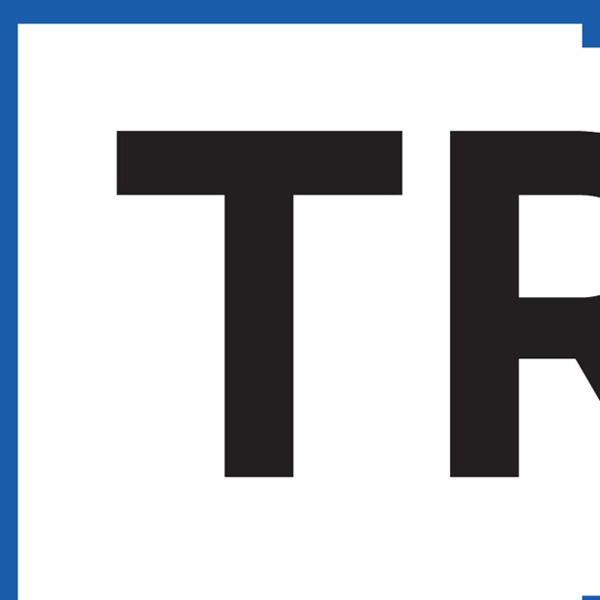



Logic Self-Taught: A Workbook (by Dr.P.) Logic Self-Taught: A Workbook © Katarzyna Paprzycka (dr.p) [Katazhyna Papzhytska] propositional logic, predicate logic, Katarzyna Paprzycka, Dr.P., propositional logic, Logic Self-Taught: A Workbook, sentential logic, quantifier logic, logic for dummies, logic for everybody, logic for people, logic for students, logic textbook on-line, logic textbook for WebCT, logic textbook for Blackboard, logic textbook for e-learning, natural deduction, teaching logic, logic for high-school students, logic for non-logicians, logic for lawyers, logic for philosophers, teaching to do proofs, Bergmann, Moor, Nelson, The Logic Book, Solutions to logic exercises, logic help.
Internet Sacred Text Archive Home The Trivium Binder Project Stellar House Publishing | Home Philosophy - The Dicipline of Reasoning, Logic, Knowlege and Truth for Rational Thinking Philosophy Philosophy is the discipline concerned with questions of how one should live (ethics); what sorts of things exist and what are their essential natures (metaphysics); what counts as genuine knowledge (epistemology); and what are the correct principles of reasoning (logic). The word itself is of Greek origin: (philosophía), a compound of (phílos: friend, or lover) and (sophía: wisdom). Though no single definition of philosophy is uncontroversial, and the field has historically expanded and changed depending upon what kinds of questions were interesting or relevant in a given era, it is generally agreed that philosophy is a method, rather than a set of claims, propositions, or theories. Its investigations are based upon rational thinking, striving to make no unexamined assumptions and no leaps based on faith or pure analogy. Different philosophers have had varied ideas about the nature of reason, and there is also disagreement about the subject matter of philosophy.
80,000 Hours: How to make a difference with your career 2012 Trivium Study Guide Version 2 / Edited by Tony Myers Let’s Abolish Central Banks! - Coordination Problem Central banks and their monopoly on notes issuance have been around for quite a while. The Bank of England, perhaps the oldest institution of its kind, was established at the end of the 17th century. La Banque de France was established in 1800 by Napoleon to help him, among other things, finance his military conquests. The Federal Reserve System was established in 1913 to help avoid bank runs and panics and "to furnish an elastic currency, to afford means of rediscounting commercial paper, to establish a more effective supervision of banking in the United States, and for other purposes" (the latter includes striking a balance between private interests of banks and the centralized responsibility of government). The Reserve Bank of New Zealand (deemed one of the best central banks in the last twenty years) was established in 1934. Overall, as many have argued, including Milton Friedman, central banks’ track record in the last two hundred years has been pretty abysmal.